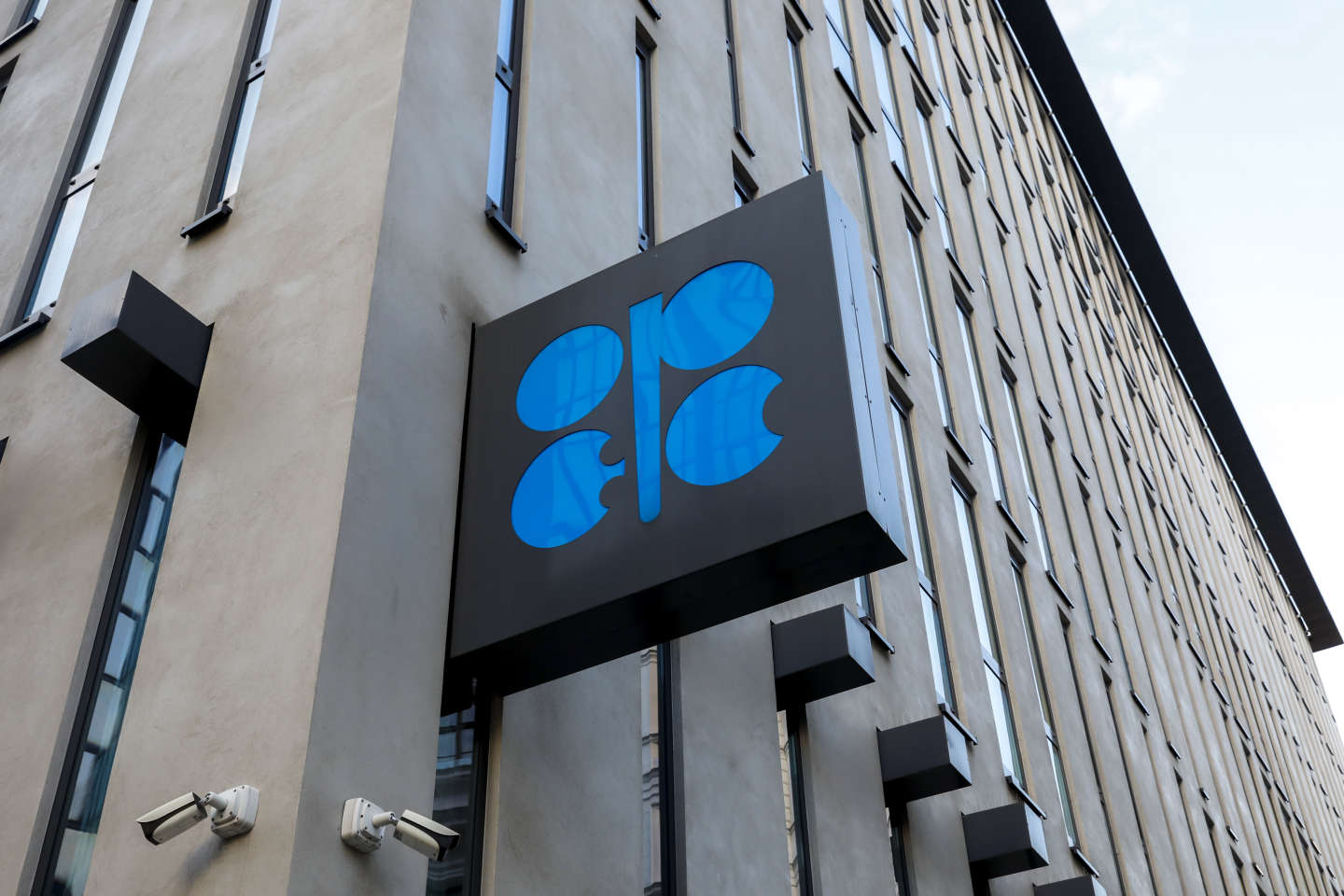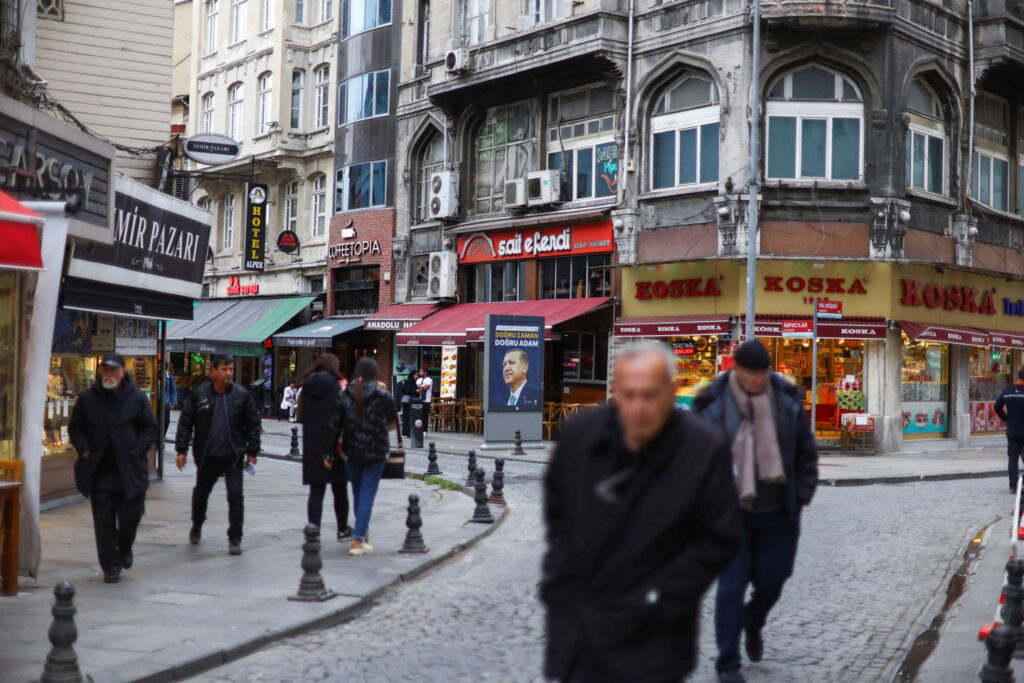Saudi Arabia, heavyweight of the Organization of Petroleum Producing Countries (OPEC), decided on Sunday June 4 to make a new production cut in the hope of raising oil prices at half mast, in a context economy clouded by the war in Ukraine. This voluntary reduction of around one million barrels per day applies from July and “may be extended”Saudi Prince Abdel Aziz Bin Salman said at a press conference after a meeting in Vienna of the thirteen members of OPEC and their ten allies led by Russia.
In addition, the reductions introduced since the beginning of May by nine countries, including Saudi Arabia and Russia, for a total of 1.6 million barrels daily, “are extended until the end of 2024”Russian Deputy Prime Minister Alexander Novak told journalists at the exit.
This gesture from Riyadh comes as prices have fallen in recent months despite the surprise announcement in early April of drastic cuts. The measure failed to lift prices in a market depressed by fears of a global economic recession, rate hikes by major central banks and the laborious recovery of demand in China as it emerges from anti-Covid restrictions. Brent, the benchmark for crude oil in Europe, is currently trading at $76 a barrel, and its American equivalent, WTI, at $71 – far from the peaks recorded in March 2022 at the start of the conflict in Ukraine (nearly $140). .
united front
As signs of discord between Riyadh and Moscow threatened to disrupt the meeting, OPEC displayed a united front by keeping the same course. Russia is reluctant to further tighten the floodgates of black gold, a windfall which it uses to finance its military offensive against Ukraine, because Moscow would hardly benefit from a rise in prices. Due to Western sanctions, only Russian oil priced at or below $60 can continue to be delivered. Beyond this ceiling, it is forbidden for companies to provide services allowing maritime transport (freight, insurance, etc.).
“On the other hand, Saudi Arabia needs higher prices to balance its budget”explains Barbara Lambrecht, of Commerzbank, who evokes a break-even point around 80 dollars a barrel for Riyadh. “We didn’t have any disagreements. It is a joint decision made in the interest of the market.”assured Mr. Novak.



